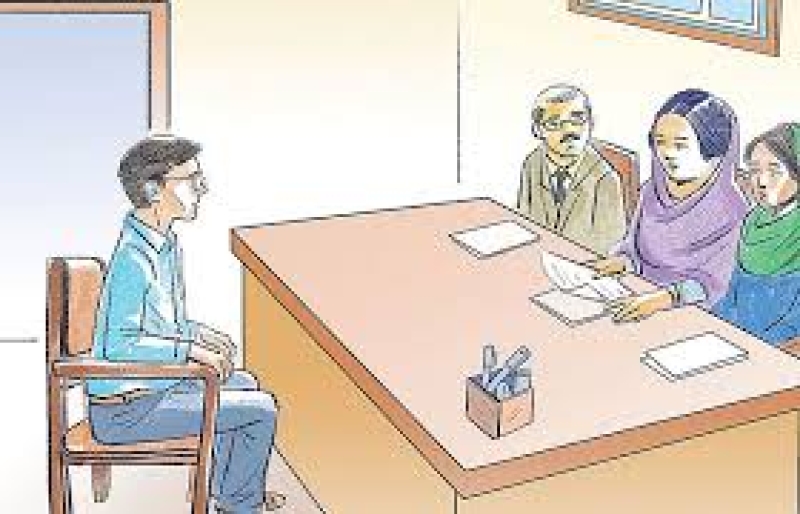- COP30 takes a hopeful step towards Justice, but does not go far enough: CAN |
- WFD 2025: Mass Fish Death in Indian Rivers |
- 3rd aftershock quake jolts Narsingdi, adjacent districts |
- G20 Backs Climate Declaration as US Boycotts Summit |
- Two Mild Quakes Jolt Dhaka; Epicentres Traced to Badda |
36pc of Job Seekers Rely on Friends and Family Networks

A recent Bangladesh Bureau of Statistics (BBS) survey reveals that unemployed youths most often turn to relatives and friends when seeking jobs, trusting personal networks more than formal channels to secure employment.
According to the BBS Labour Force Survey 2024, approximately 36 per cent of job seekers rely on family and friends for assistance in finding work. Roughly one in three unemployed persons in Bangladesh follows this approach, highlighting the long-standing reliance on close social connections.
Other popular methods for job hunting include searching newspaper advertisements, which attract around 26 per cent of unemployed persons, while about 12 per cent approach organisations directly. Nearly 9 per cent submit applications in person, and 5.5 per cent decide whether to apply after reviewing job postings. A smaller proportion, around 3.5 per cent, attempt to secure jobs through direct interviews.
The survey also lists a range of alternative job-seeking strategies, such as submitting résumés to professional networks, registering at government or private employment centres, seeking financial support to start a business, requesting land for business purposes, and applying for business licenses.
A senior BBS official noted that unemployed individuals in Bangladesh employ diverse methods to secure work, with personal networks often serving as the first and most trusted point of contact. This reflects a cultural trend where family and friends are perceived as the most reliable support in finding employment.
The survey also sheds light on the scale of unemployment in the country. By the end of 2024, Bangladesh had 2.6 million unemployed people. Dhaka division recorded the highest number at 687,000, followed by Chattogram with 584,000 and Rajshahi with 357,000. Other divisions include Khulna (331,000), Sylhet (216,000), Rangpur (206,000), Barishal (139,000), and Mymensingh (104,000).
The International Labour Organization (ILO) defines unemployment as the situation of individuals who, in the past week, did not work even one hour for pay and had been seeking work over the previous month. However, the BBS notes that in Bangladesh, surviving on minimal work is unrealistic. Around 10 million people are considered “underemployed” or “disguised unemployed,” as they do not get adequate or satisfactory work despite being employed.
The findings underline the importance of addressing unemployment through both formal and informal channels, as well as highlighting the need for targeted policies to reduce underemployment and strengthen job opportunities across the country.

